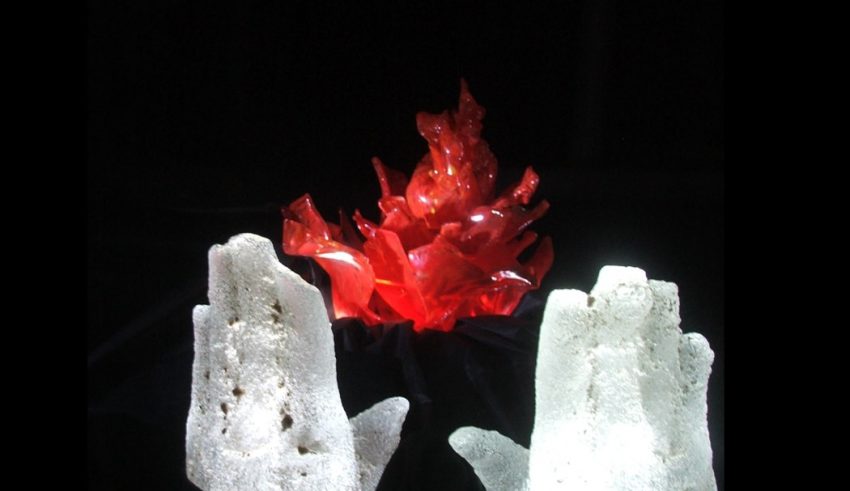
A consulting team collected extensive information from his vice presidents regarding the Senior Vice President’s leadership behavior. Much of this information was quite critical of him. After reporting the information back to him, which he received quite openly, the team met with all of his subordinates and himself at a retreat site and presented an oral summation of the interview data. The immediate and highly emotional reaction of his vice-presidential reports to this presentation was an absolute and unqualified rejection of everything that the consulting team had said: “[Senior Vice President], you are a wonderful leader! How could the consultants have so grossly distorted the facts!”
Members of the consulting team began to wonder if they were at the right meeting or if they had been set up. After about twenty minutes of killing the messenger, one of the vice presidents who had been quiet spoke up. He took a deep breath and then stated that “the information being presented by these people is accurate. I’ve talked with many of you in my office or in the hall about these very issues. I’m tired of beating around the bush. Let’s bring this stuff out in the open!”
Everyone looked at the senior vice president for his reaction, which was somewhere between neutral and appreciative of the vice president’s candor. After a short pause, the other vice presidents began cautiously to state their own concerns and verify that the information contained in the oral report was accurate. The meeting was productive and tangible steps were taken to alleviate some of the personal and structural problems that this group of financial leaders faced. This is a remarkable example of rogue leadership.
The vice president who first spoke up exhibited courage, as did the Senior Vice President who contracted with the consulting team in the first place to present their critical report, without editing, to all of his vice-presidential reports. Perhaps both men were simply tired of the old way of operating and were willing to take risks in order to change things. Perhaps both men felt sufficient job security to take a chance. Maybe I was witness to a very special kind of organizational courage. Typically, when courage does occur in an organization, it operates like a rogue event and rogue leadership emerges. The event and emergent leadership is unpredictable, momentary, surprising, and often transformational.
We usually can’t determine beforehand when courage will be exhibited or who will be the courageous rouge leader, though we are often terrific Monday morning quarterbacks. As in the case of Bateson’s pot of heated water, we cannot accurately predict when or where the first bubble of courage will form or when it will come to the surface. We can continue to heat the pot. In the case just presented, we can continue to offer information that had never before been presented in a public setting. Perhaps we can sprinkle a few grains of salt in the water. We can offer words of encouragement or create a supportive retreat setting. This might encourage the water to begin boiling sometime and somewhere.








